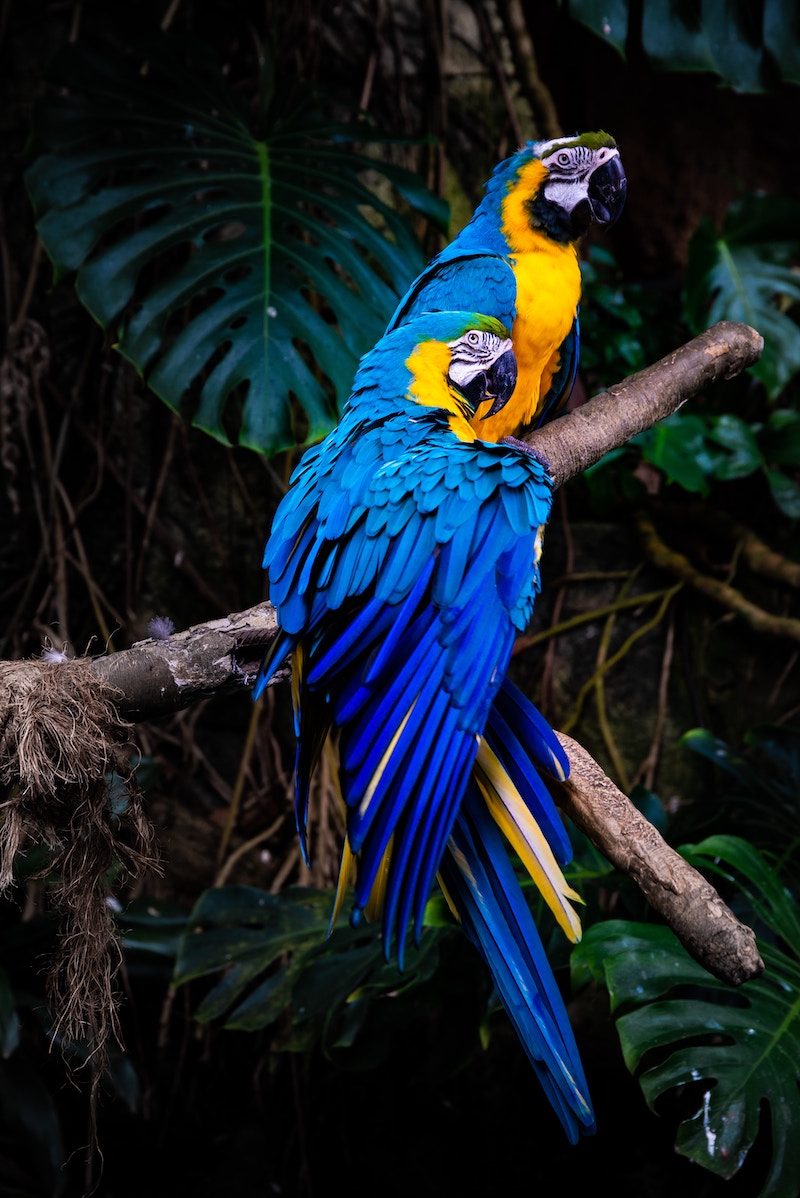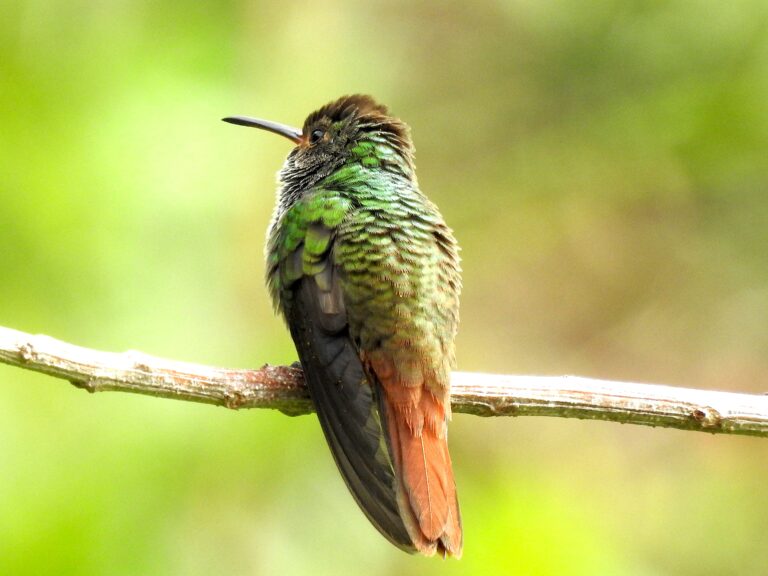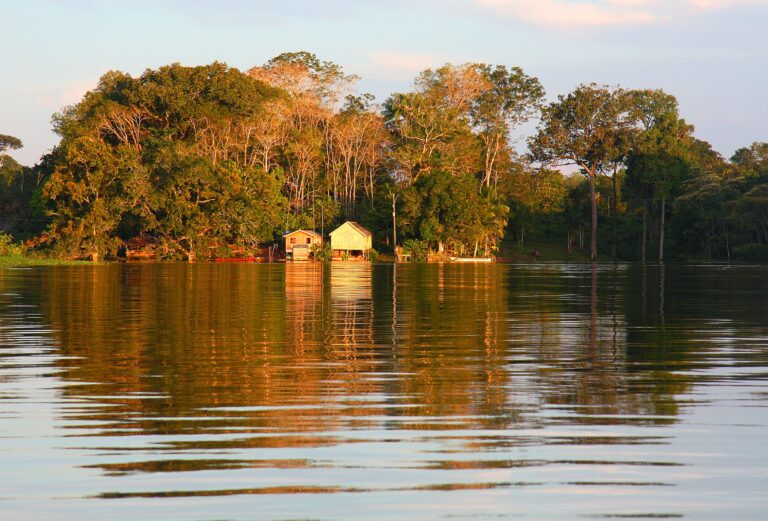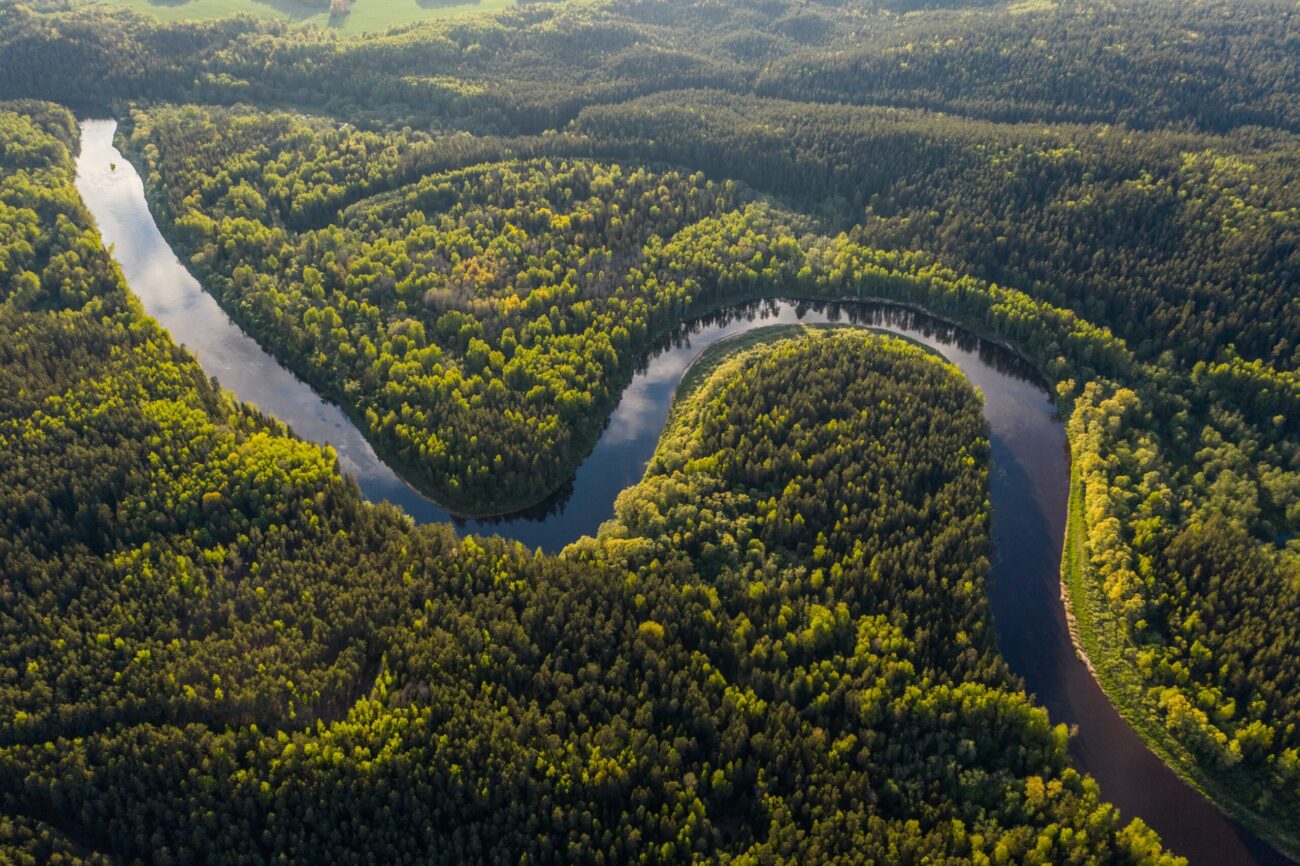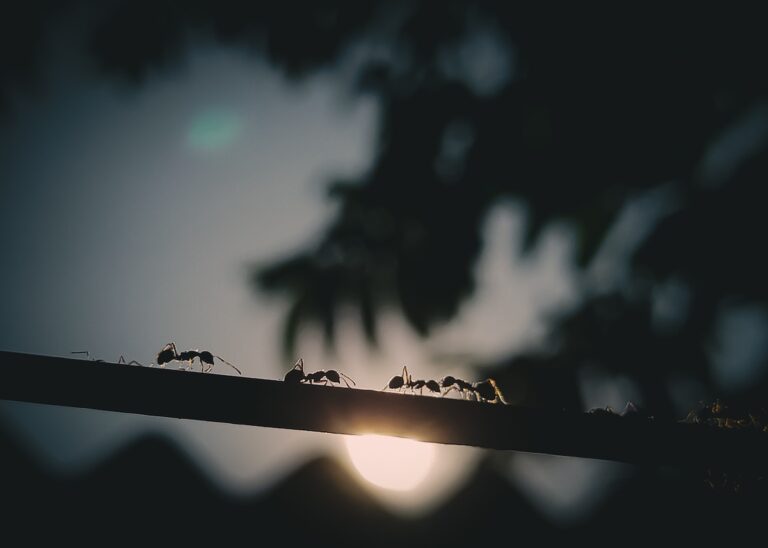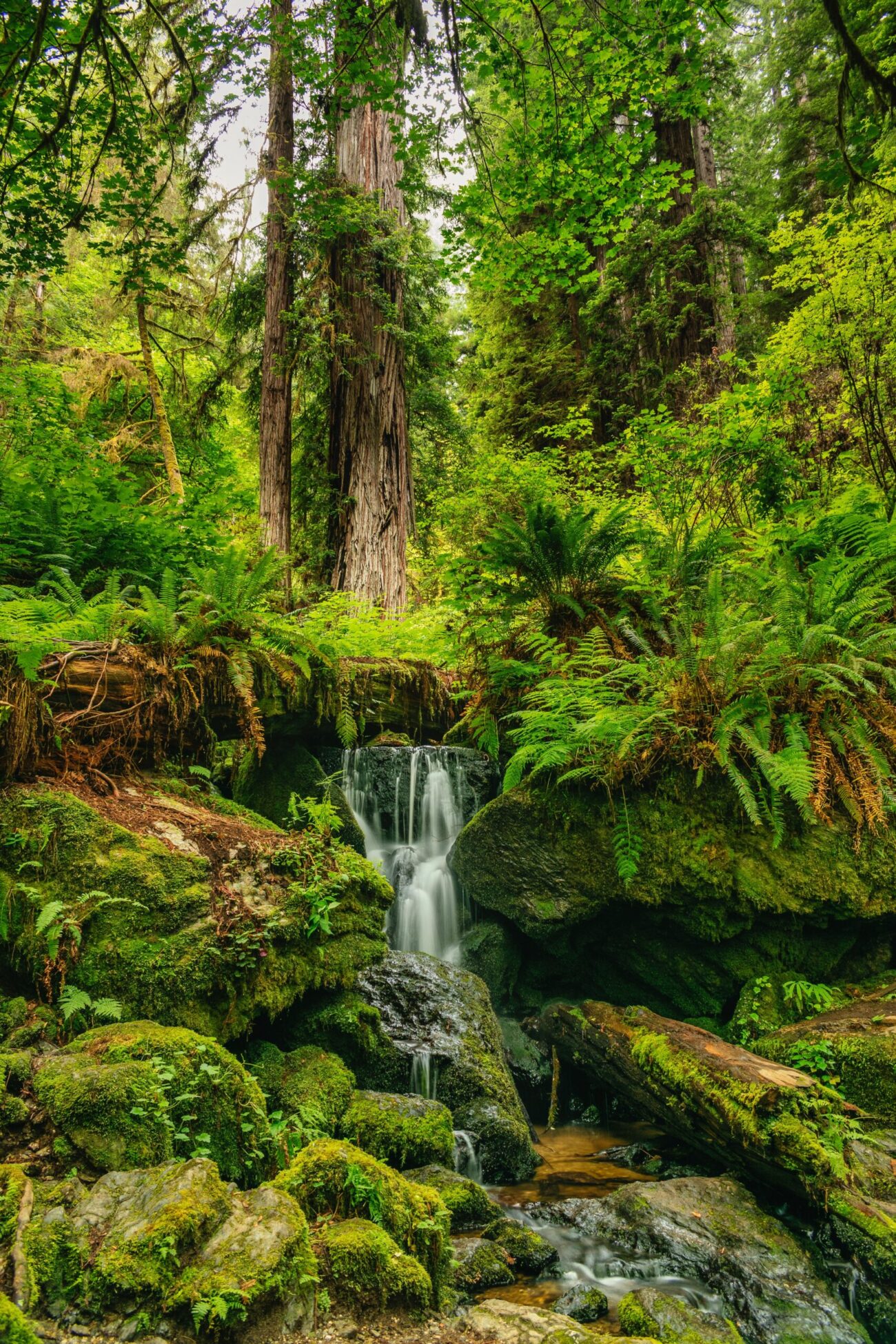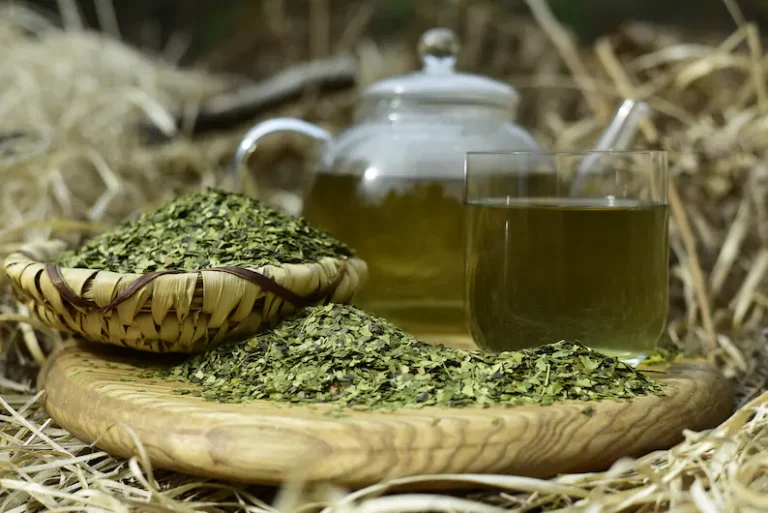The Macaws
Before departure, the old father, decorated with red and yellow feathers, wanted to say goodbye to his wife and children. He was very worried, as something rare was in the ambiance. His problem was thinking about his wife; in his long absence, will she go to a nearby place? Will she be robbed by the other tribe’s men? Maybe some wild, fierce animal surprised her and maybe ate her? Or maybe she went with her blue garb and yellow headdress to her favorite spot in the morichal palm thicket nearby. He did not know. He could not know. None of his children knew a thing about her whereabouts. Nobody gave him information.
The man needed to go jungle-bound, but he could not do it without saying goodbye to his woman. To mitigate his anguish, he drank a lot of chicha de yuca with his children, who also loved their mother and were sad, while inquietude and extreme anger made him crazy drunk.
He said to them, “When I am gone, all of you will go away, flying from your nest to far palm thickets for your place.” Nobody understood a word he said, but they did not pay attention to it.
The man spoke alone; he mixed resentment and menacing utterances. All of a sudden, he remembered that not far from his house ran the Green River, close to the volcano they called Tungurawa. With these memories, he utters new angry menaces; he suspected about his wife and could not understand why so many kids thereby were her children, and she was not there to care for them.
He wanted to die, but no! He would save his children and keep them away from the influence of that woman who was absent just when he needed to leave. Guessing the thoughts of the man, the oldest son left furtively, and when he came back, he brought the certainty that his mother, indeed, had gotten lost forever, but he did not say a word.
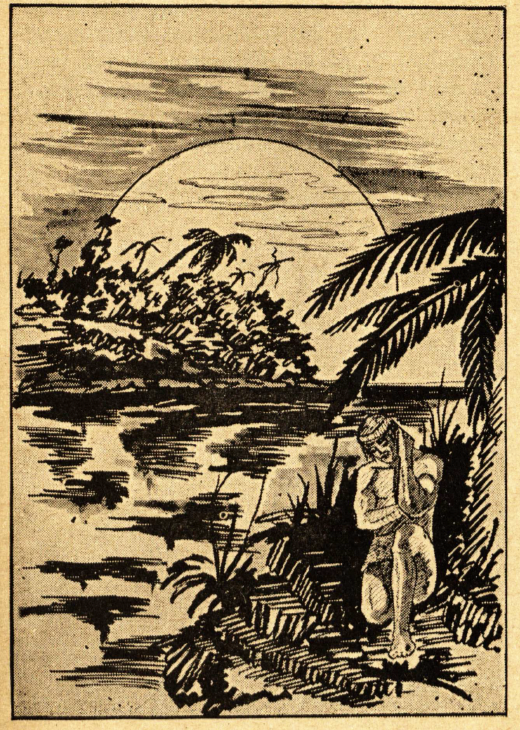
The old man was about to go, but at that time, a group of men screaming sorrowful cries delivered sad news that, unfortunately, his wife had died in the Green River. The furious man changed with intense pain. His wife is dead! He thought about what his children would do if he also left and possibly died as well.The man, who in his youth never stopped for anything, now doubted. How in the world was he able to leave his children without a mother to care for them and work for them? He did not get an answer because he loved his wife and children very much.
Finally, the old man, with a voluntary effort and without hesitation, ordered his children to accompany him to the Green River, where they could eventually find his wife and mother.
Once by the river, he could easily throw himself to the bottom of the water to join her, but he could not do it. He trembled when he saw the unknown, fathomless abyss where the spirits of the many enemies he had killed roam; besides, no jíbaro dies in the water.
The loss of his wife was the revenge of those spirits; it had already been consummated. Indignant, he spoke to his children on the riverbank. He told them that he would go there, to the jungle, to that thick jungle, far away from those big green rocks that give color to the brisk waters; he warned them of the obligation to get revenge on their enemies, and he ordered that they not follow him. They will not get to the rocks; they will not even see them or touch them, because if they do, they will turn green themselves, like rocks.
One day, after very many moons, a woman that came from the upper part of the watershed told the tribe that the children of the old man, who disobeyed their father’s order, followed her until the site where the rocks resplendent as huge emeralds in the bottom of the waters, and that in the same moment they touched them, wishing to grab them as treasure, the young disobedient children, as per an art of enchantment, transformed themselves into small parrots, with feathers having the same brilliance and color as the magic emeralds from the river. She also told me that, in accordance with a filial curse, they flew and flew restlessly from one side to the other of the jungle, repeating with strident screams a monotonous chant: “Father… Father… Pardon… Pardon…”
Cultural Significance
The use of iconic jungle species explains the affiliation to traditional practices experienced by the people who inhabit these forests, those that are passed from generation to generation, cementing oral history as the favored pedagogy. A good case is the use of the scarlet macaw (Ara macao) and the blue-yellow macaw (Ara glaucogularis) as paternal figures to express the salient features of parental characters, compared with the always active and noisy parrots of many types (Amazona festiva, Psittacus farinosus, Alliopsitta xanthops, Pionus menstruus, etc.) in the loudest flocks, flying from side to side of the confines of the jungle.
Their ecological legacy is reflected in the understanding that the products used in the household are of long standing, such as the preparation of fermented cassava drink or the reference to homestead indicated by the moriche palm (Mauritzia flexuosa) as the preferred place to build nests, but often lured by the presence of emeralds found at the river bottom.

